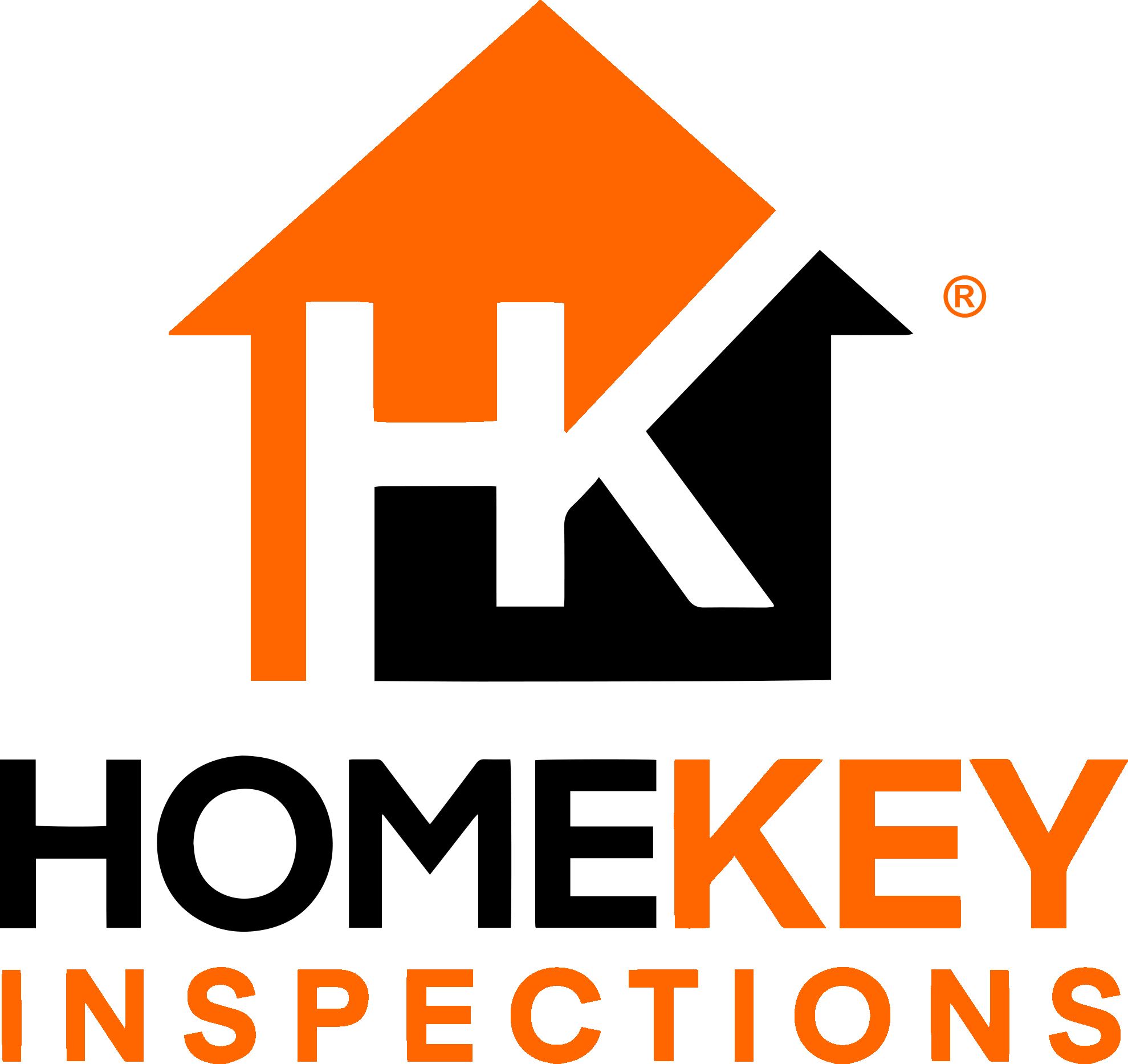Seasonal Home Maintenance : Fall / Winter Checklist

As the weather shifts in Northern Virginia and the DC area, homeowners need to prepare their properties for the colder months. Proper seasonal maintenance not only extends the life of your home but also helps avoid costly repairs. HomeKey Inspections has compiled a comprehensive fall/winter checklist, based on the materials and systems commonly found in homes in our region.
1. Roof and Gutters
- Inspect the roof for damaged or missing shingles: Asphalt shingles are common in the Northern Virginia area, but they can become brittle in cold weather. Check for signs of wear or exposed nails, which can lead to water intrusion.
- Clean gutters and downspouts: Fallen leaves can clog gutters, leading to water backup and potential damage to your roof, foundation, and siding.
- Ensure downspouts direct water away from your foundation: This is crucial to prevent foundation problems and water infiltration into basements or crawlspaces.


2. HVAC System
- Schedule a furnace tune-up: As temperatures drop, your furnace or heat pump will be working overtime. A tune-up ensures it operates efficiently and prevents unexpected breakdowns.
- Change the air filters: Dirty filters reduce efficiency and can damage your system over time. Homeowners in the DC area often rely on forced-air systems, so filter changes are particularly important for maintaining air quality and system performance.
- Check thermostats: Consider installing a programmable thermostat to help regulate indoor temperatures and save on heating bills during the colder months.
3. Windows and Doors
- Seal gaps and cracks: Inspect the caulking around windows and doors. Cold air drafts can increase heating costs, and poorly sealed windows are a common issue in older homes in this area.
- Install storm windows or plastic insulation: This is especially useful in older properties with single-pane windows, common in historic homes around the region. Ultimately, upgrading to double-pane windows is recommended over the use of storm windows.

4. Plumbing
- Insulate exposed pipes: Pipes in unheated areas like attics, garages, or crawl spaces should be insulated to prevent freezing. Burst pipes can cause significant water damage, so prevention is key.
- Disconnect garden hoses: Water left in hoses can freeze, leading to cracks in pipes and outdoor faucets.
- Check your water heater: Ensure that your water heater is in good working order, as it will need to handle more demand in winter. Flush the tank to remove sediment buildup, which can affect efficiency.
Don't Forget to Winterize Your Hose Bibs !
Unprotected hose bibs can freeze during the colder months, leading to burst pipes and costly repairs. For a step-by-step guide on how to winterize your hose bibs, click the video link provided and follow along to protect your home from the winter chill.
5. Foundation and Exterior
- Check the foundation for cracks: Even small cracks can expand during freeze-thaw cycles, potentially leading to structural issues.
- Trim trees and shrubs: Overhanging branches can break during snow or ice storms, potentially damaging your roof or power lines.
- Inspect exterior walls for signs of wear or water damage: With the colder months approaching, it’s essential to ensure that the siding and masonry are in good condition to prevent further damage from cold and moisture.


6. Safety Systems
- Test smoke and carbon monoxide detectors: Cold weather means more use of heating systems, so make sure all safety systems are functional.
- Check for radon: Northern Virginia is known to have elevated radon levels in some areas. Winter is an ideal time to test, as homes are typically closed up, making radon easier to detect.
7. Prepare for Snow and Ice
- Stock up on ice melt and ensure your snow shovel is in good condition: Make sure you have the necessary tools to keep walkways safe and accessible during snowstorms.
- Inspect driveways and walkways: Cracks can expand during freeze-thaw cycles, leading to more significant damage. Address these issues before the first freeze.
By taking these steps, you’ll not only protect your home but also ensure that you’re ready for whatever fall and winter bring. HomeKey Inspections is here to help you with home inspection services, radon testing and recommendations to keep your home in top shape all year round.

